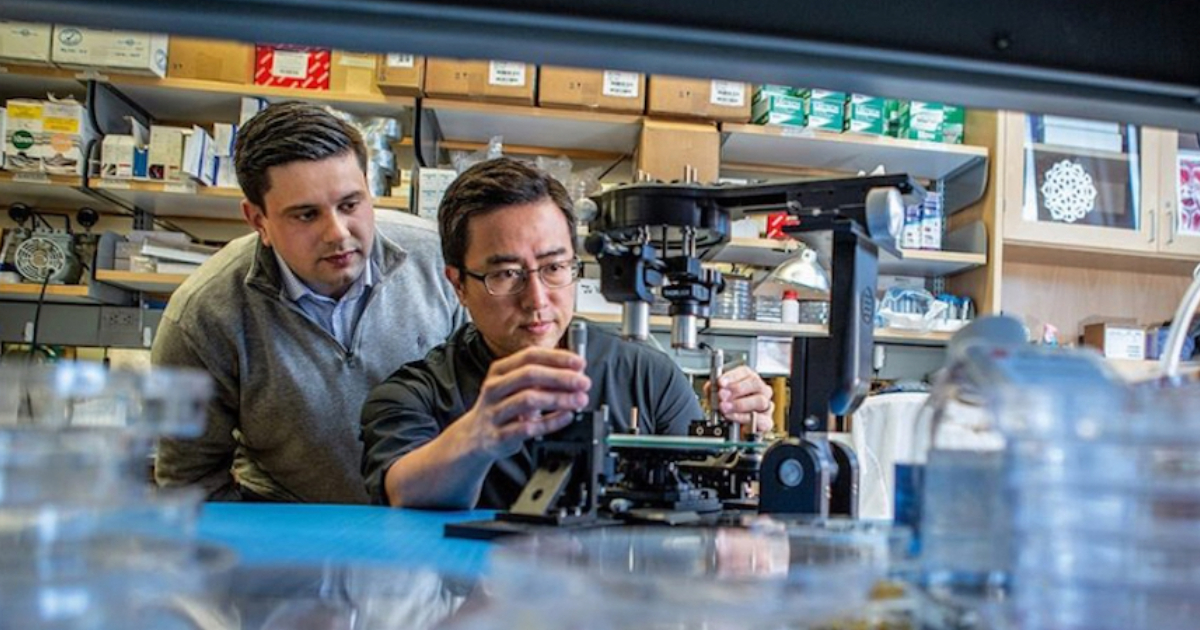Philadelphia-based AI-enabled biotech company Vivodyne announced it closed a $38 million seed funding round led by Khosla Ventures.
CS Ventures, Kairos Ventures, Bison Ventures and MBX Capital also participated in the round.
WHAT THEY DO
Vivodyne is a drug discovery company that uses clinically predictive AI to help identify therapeutic targets and predict a patient’s response to a drug by testing it on lab-grown human organ tissues.
Utilizing robotic automation, the company can dose, cultivate and analyze more than 10,000 individual tissues at a time, creating a vast amount of human datasets for AI training.
The company will use the funds to advance its drug discovery pipeline as well as its AI stack.
“By testing drugs and life-saving biologics directly on these realistic human tissues at an unprecedented scale and resolution, we can improve the success rates of therapeutics entering clinical trials,” Alex Morgan, partner at Khosla Ventures, said in a statement.
“Vivodyne’s technology bridges the gap between preclinical R&D and human clinical trials while automating every step of the testing pipeline, from growing tissues, dosing, sampling and imaging, to analyzing data. The ability to screen and develop new potential life-saving therapies, testing thousands at a time on functionally realistic human tissues on Vivodyne’s automated platform, is a major step forward for the pharmaceutical industry.”
MARKET SNAPSHOT
Open-source databases and AI-based software are increasingly used to aid in drug discovery. Still, experts say “mind and machine need to work in synergy,” with collaboration occurring across multiple disciplines, including academia and industry.
Numerous companies are utilizing AI for drug discovery, including California-based AI drug discovery startup Genesis, which devised its molecular AI platform Genesis Exploration of Molecular Space (GEMS) that merges deep learning and molecular simulations to create high-potency small-molecule drugs.
In August, Genesis scored $200 million in an oversubscribed Series B funding round, bringing its total raise to $280 million.
Israel-based AION Labs, an AI-enabled drug discovery partnership between global pharma and tech companies, announced the launch of its second startup, DenovAI, in February.
DenovAI is an AI-enabled computational biophysics platform that can discover potential antibodies aimed at specific epitopes (the part of an antigen molecule recognized by the immune system to which an antibody attaches itself). The company said its platform will design antibodies from scratch and suggest which candidates will likely make effective drugs.
AION Labs includes pharma giants AstraZeneca, Merck, Pfizer and Teva, alongside venture capital firm Israel Biotech Fund, strategic partner Amazon Web Services and German independent research institute Bio Med X.
This story originally appeared on MobiHealthNews

